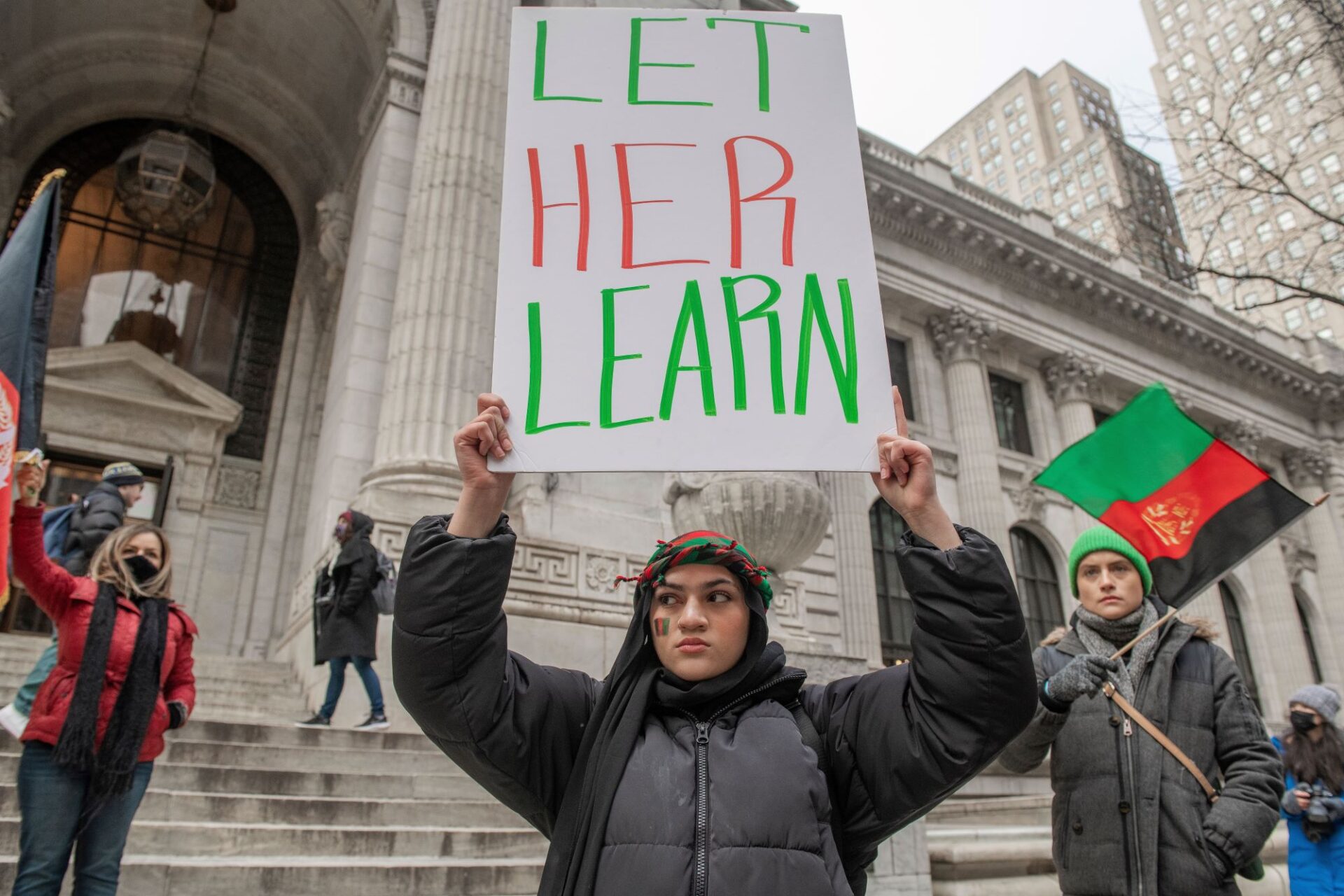Taliban Education System: New Report Reveals Its Adverse Effects on Boys and Girls
The harmful education policies implemented by the Taliban are an irreversible hindrance to the futures of not just girls but also boys.
Following the U.S. exit from Afghanistan in 2021, the Taliban took over and set in a regressive education system. According to the United Nations, the three-decade-long conflict has “devastated” the education system. Around 3.7 million children are currently out of school, and 60% are girls.
A number of social-economic and traditional factors explain the low enrollment rate of girls. Firstly, an extremist understanding of Islam by the Taliban is used to keep women at home. Secondly, in certain regions, limited access to schools and inadequate transportation create significant challenges to education.
For over two years, girls in Afghanistan have been denied anything further than a primary school level education. @Mariamistan tells @BBCNews of one girl "purposefully trying to fail 6th grade so she can repeat it – so she can go back to school." pic.twitter.com/Aqf021eG71
— Helena Humphrey (@helenachumphrey) December 18, 2023
Moreover, lengthy commutes deter many children from attending school, particularly in areas with geographical barriers, such as mountains. Additionally, the quality of education is compromised, as only 48% of teachers possess the minimum academic qualifications (equivalent to an Associate Degree).
Although Afghanistan has gotten criticism for banning the education of girls past secondary school and high school, there is less discourse on the enrollment of boys. In a new report, Human Rights Watch interviewed boys and their parents from 8 of the 34 provinces in Afghanistan.
The report shows a fall in the boys’ access to education owing to a lack of female teachers (due to the Taliban’s ban), corporal punishment, revision and removal of subjects like art, English, sports, and civic education, etc. Moreover, an overall scarcity of teachers leaves no available substitutes when one is absent.
819 days since teenage girls in Afghanistan have been denied the right to an education. The world remains silent while Afghan women and girls continue to be denied their basic human rights #LetAfghanGirlsLearn pic.twitter.com/Mfq7ATS5Ya
— Benazir muradi (@Warrior19M) December 18, 2023
“The Taliban are causing irreversible damage to the Afghan education system for boys as well as girls,” stated Sahar Fetrat. She is an assistant women’s rights researcher at Human Rights Watch and the writer of this report. “By harming the whole school system in the country, they risk creating a lost generation deprived of a quality education,” explained Fetrat.
In order to secure a better future for the next generation, it is essential to reverse these detrimental education policies and establish an equitable learning environment. This way, both girls and boys can progress and become productive members of society.







